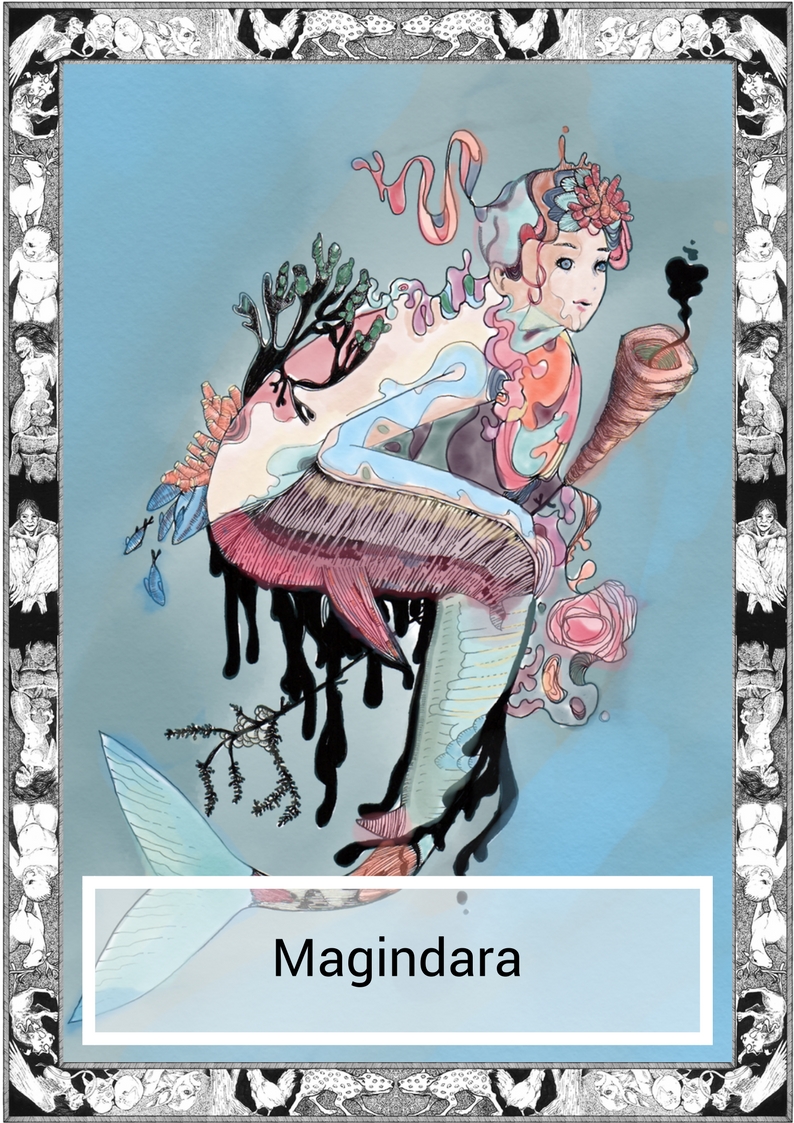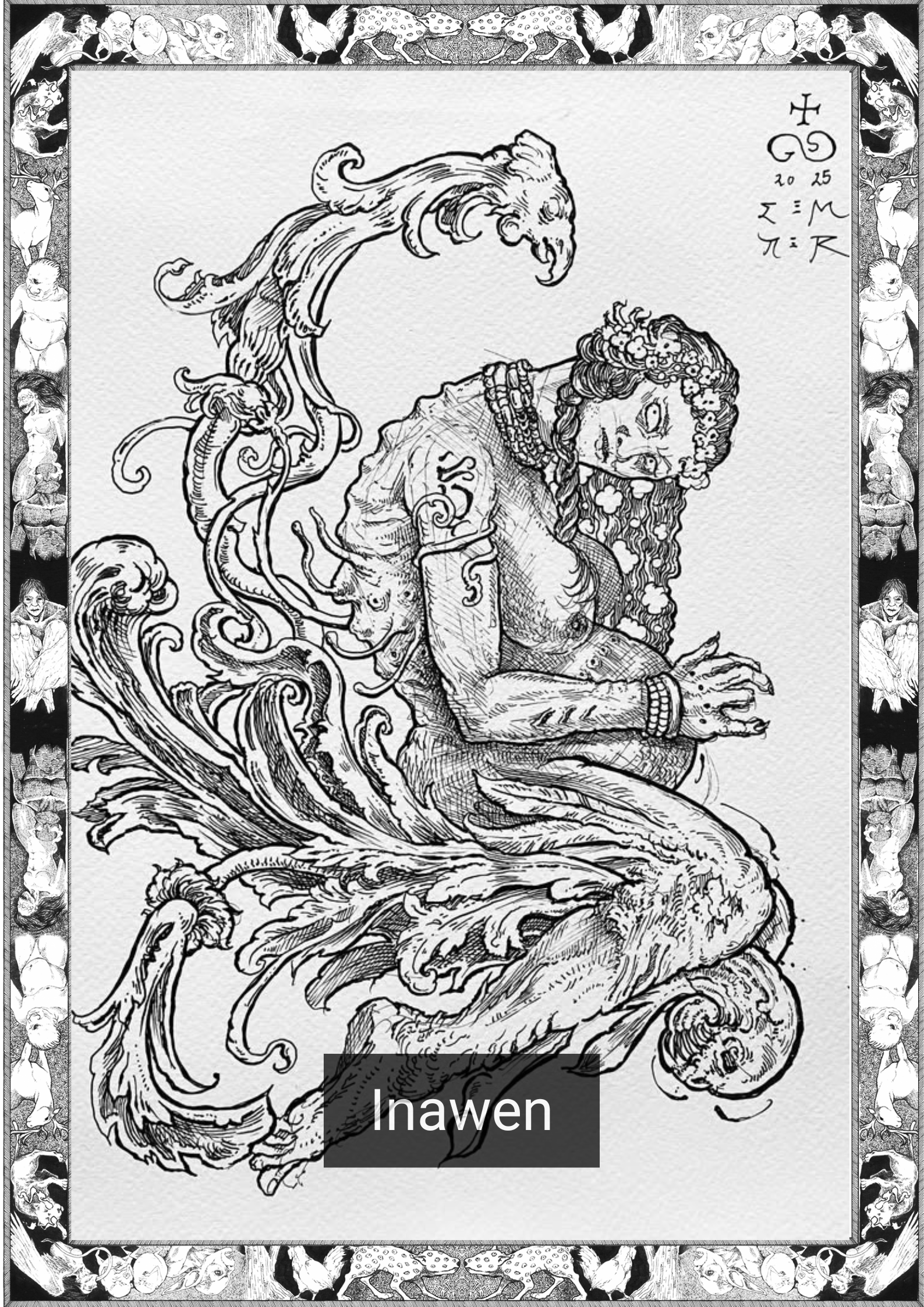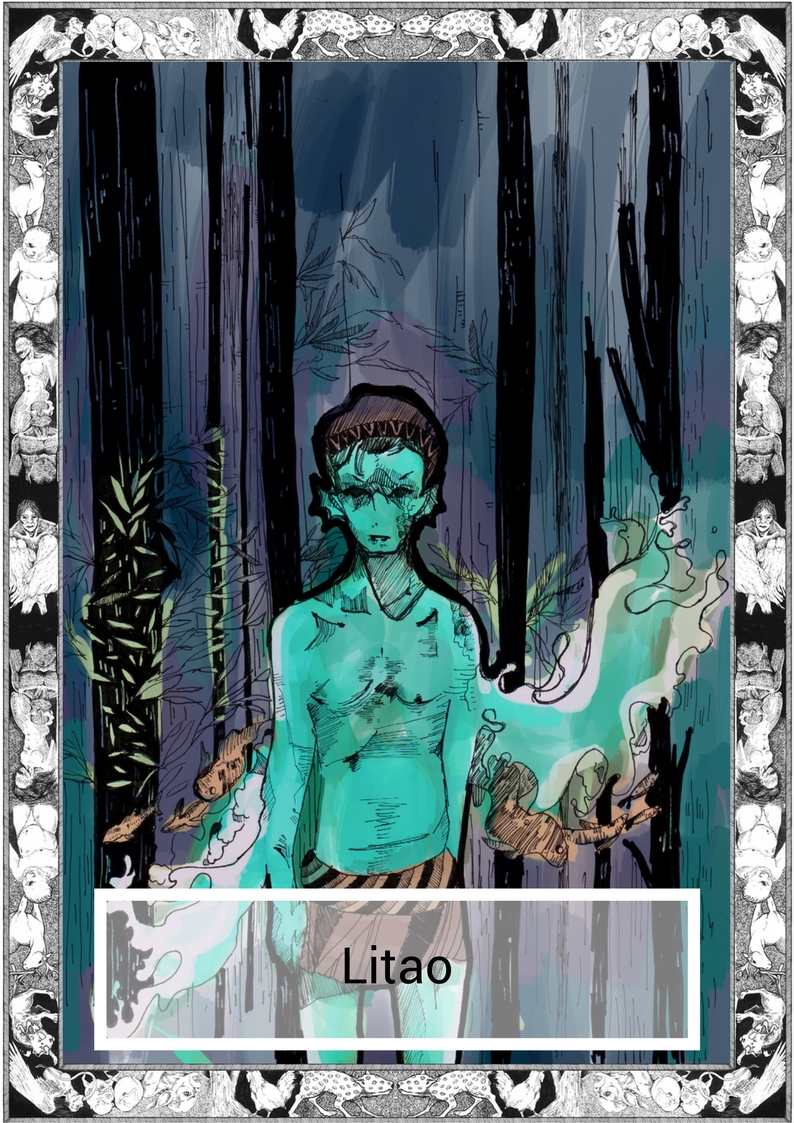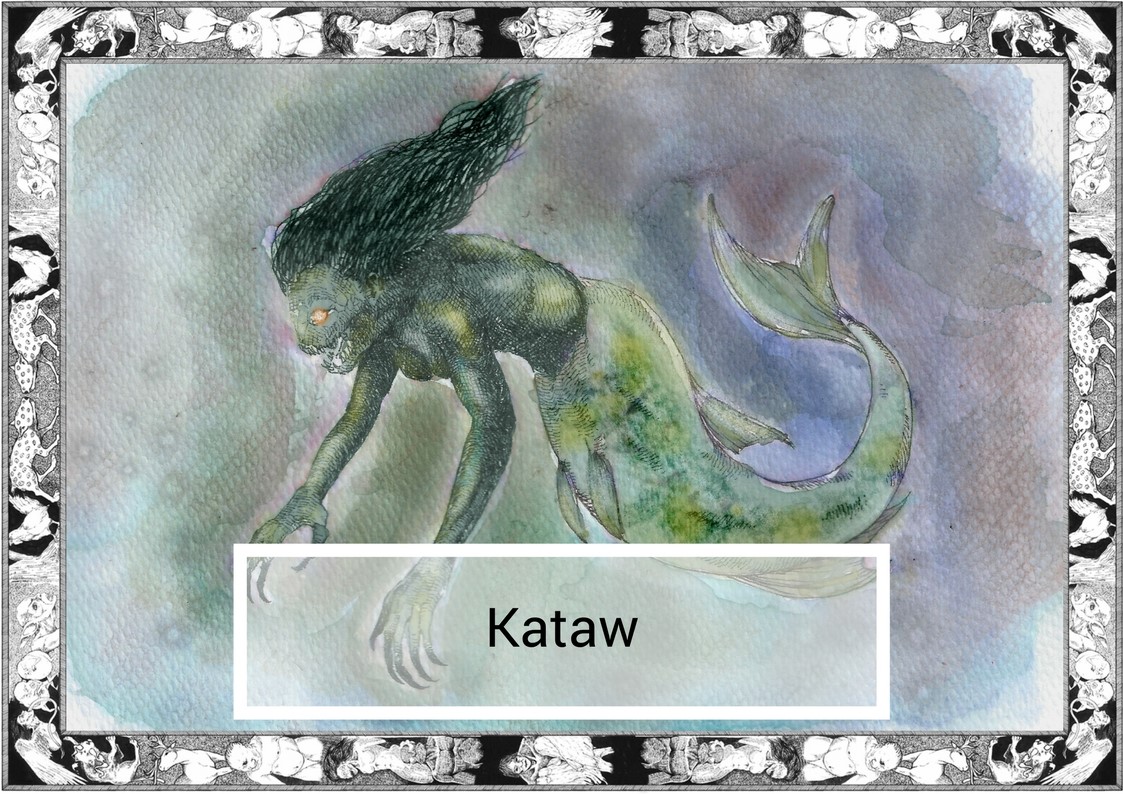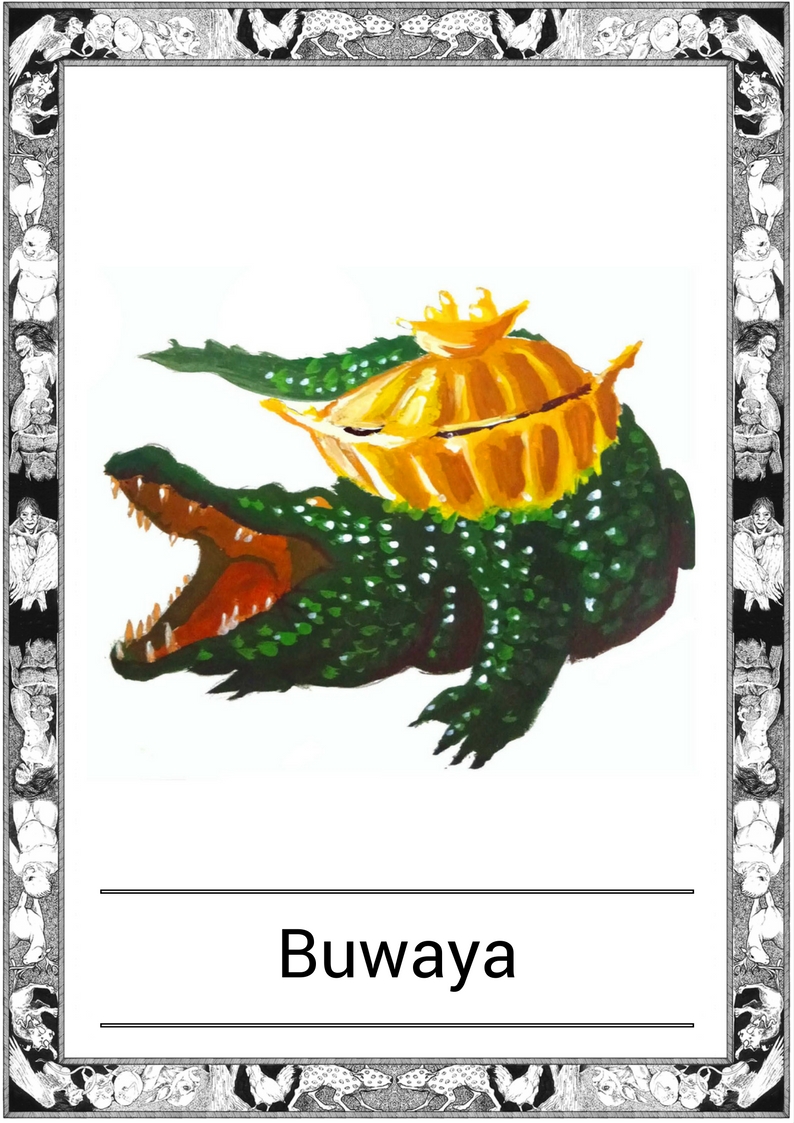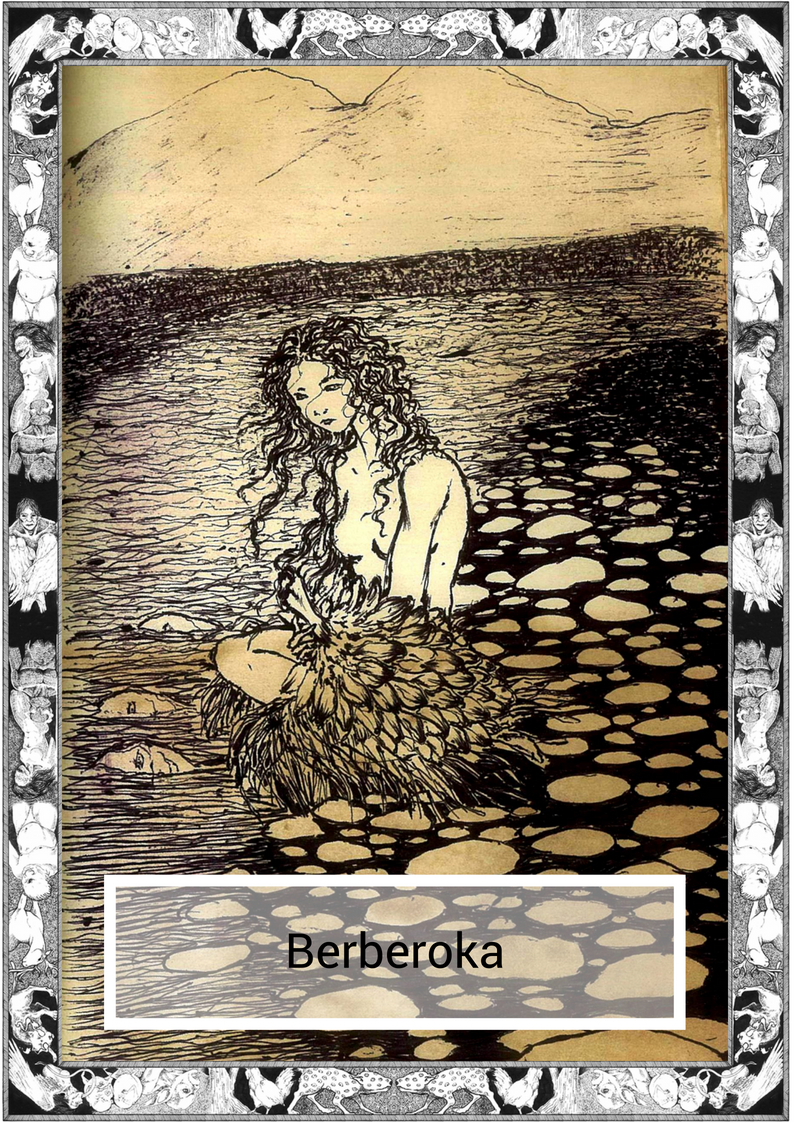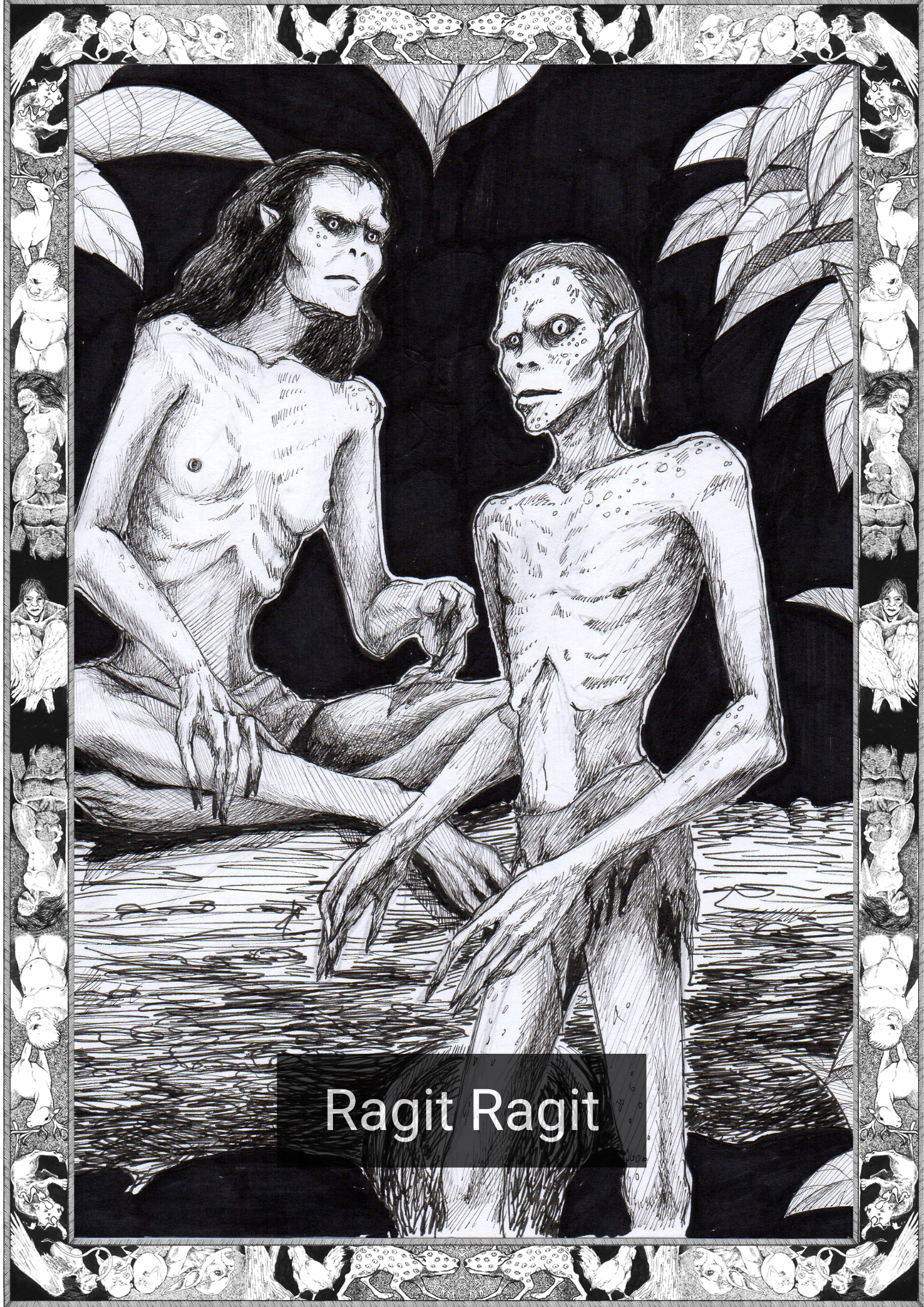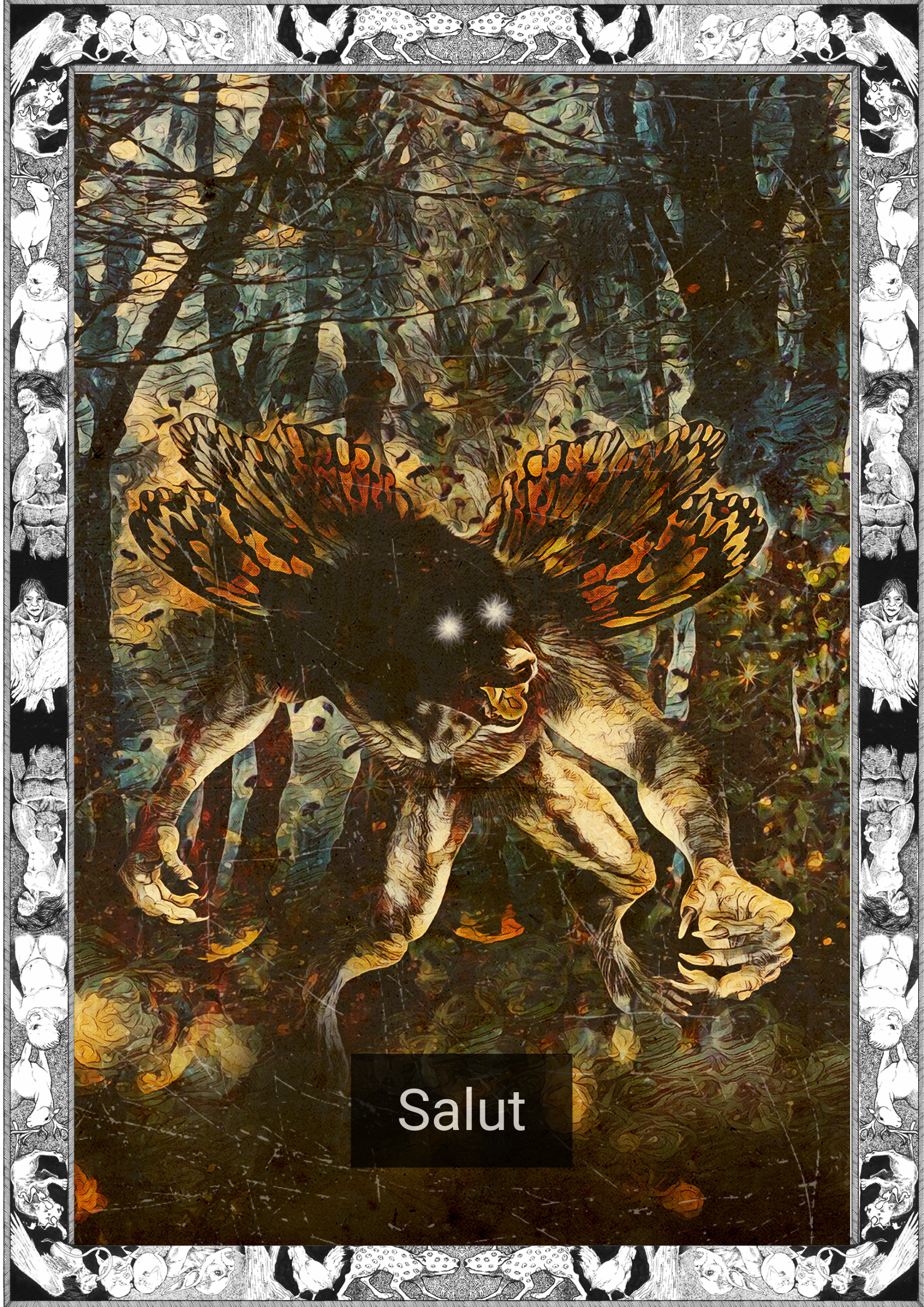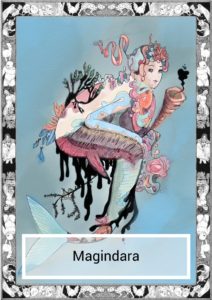
*Note this story is in Waray
Magigin maupay an ngatanan.
Nahampak an mga balod ha ulo han parupangisda. Nag-atentar hiya nga umabante ha katubigan kundi gin-ulang hiya han bagyo. Yukut kamilyon nga mga tarahiti an naigo ha waray korte nga kadagatan, kundi bisan sugad, maaram hiya nga maundang liwat ini. Waray hiya dad-a ngadto agud malumos, ngan matapod hiya ha ira tubtub ha iya kamatayon.
Nahinumduman niya an mga luha ha mga mata han iya iroy han ginlabay niya an rosaryo hini. Nahadlok ini para ha iya, kundi dugang nga nabaraka para ha iya kalag. Anak an parupangisda han iya amay ngan padayon nga natuod ha kadaan nga mga pamaagi tungod kay aada an tubig ha iya dugo.
Nakimaluoy an iya iroy nga tumapod hiya ha iya tagatalwas, ha ira tagatalwas. An pirme ginpapahinumdom ha iya samtang ginpapatubo hiya ha gugma ngan lamrag, kundi waray niya mahimo nga mamati ha iya iroy. Waray masabtan han iya iroy an ira kinabuhi ha dagat, an mga bantay nga naprotehir ha ira.
“Aswang han Dagat” – amo an ira tawag ha mga sugad. Sering nira, gin-aagda an mga parupangisda ngadto ha tubig pinaagi han ira mga kanta agud lumuson ngan kaunon hira. Nasosorpresa pa gihapon hiya kun ano kaiha na nga nalastar iton nga buwa ngan kun ano kadamo an mga tawo nga padayon nga natuod didto. Maaram an mga parupangisda kun ano iton nga mga istorya: usa nga pagkilala/paghatag hin kangaranan ha pira kasiglo nga pagrespeto ngan pagdayaw ha mga ispiritu.
Kundi waray na gud hiya mahihimo. Ginbag-o na han mga tuig an ginalalauman han mga tawo ha panahon nga nanginginahanglan hira. Waray na mga halad ha dagat, o mga pangadi ha mga balod. Hiya nala an nasalin. An urhi nga anak han natikamatay nga tuluohan.
Natikaluya na an mga braso han parupangisda. Nadadara na an iya lawas han waray kahumanan nga paghampak han mga balod ngan uran. Ginhinumdom niya an iya iroy ngan nagdig-on ha iya panindugan. Ginluwas niya tikang ha iya im-im an urhi nga dasal antes malumos an iya ulo ha mga balod:
An tubig an magdudul-ong ha akon ha balay
Matapod ako ha imo O ispiritu han bagyo ngan dagat
An kasisidman magigin lamrag
Makalma an mga balod
Magigin kaupod ako han dagat
Magigin maupay an ngatanan.
=—————————————–=
English Version
“They will save me.”
The waves crash over the fisherman’s head. He tries to tread water but the storm will not let up. Thousands upon millions of raindrops batter the ocean’s shapeless form, but he knows they will pass. They did not lead him here to drown and he will trust in them until the end of his days.
He remembers the tears in his mother’s eyes when he tossed her rosary aside. She was scared for him, but more concerned for his soul. The fisherman was his father’s son and carried on believing in the old ways because the water was in his blood.
His mother begged him to trust his savior, their savior. The one she had raised him to remember in love and light, but he couldn’t listen to her. She could never understand the life they had at sea, the guardians that protected them.
“Aswang ng Dagat” – that’s what they called them. They say that the spirits lured fishermen into the water with their songs to drown and eat them. It still surprised him how long that lie had lasted and how many people still believed in it. The fishermen knew those stories for what they were: a brush used to paint over the centuries of respect and admiration of the spirits.
There was nothing he could do though. The years had changed what people turned to in their times of need. There were no more offerings by the sea, or prayers to the waves. What was left was him. The last son of a dying belief.
The fisherman’s arms are getting weak now. His body is finally surrendering to the endless onslaught of the waves and the rain. He thinks back to his mother and stays firm in his conviction. His lips release one final prayer before his head goes beneath the waves:
The water will lead me home
I will trust in you
O spirits of storm and sea
The darkness will turn into light
The waves will calm
I will be with the sea
————————–
*Waray is the fifth-most-spoken native regional language of the Philippines, native to Eastern Visayas. It is the native language of the Waray people and second language of the Abaknon people of Capul, Northern Samar and some Cebuano-speaking peoples of eastern and southern parts of Leyte island. It is the third most spoken language among the Visayan languages, only behind Hiligaynon and Cebuano.
Written by Karl Gaverza
Waray translation by Joan Sebastian
Copyright © Karl Gaverza
Translation Copyright © Joan Sebastian
Inspired by the Magindara entry in Bikol Beliefs and Folkways: A Showcase of Tradition. Nasayao 2010.
Magindara Illustration by emirajuju
IG: https://www.instagram.com/
Watercolor by Mykie Concepcion
Tumblr: http://
